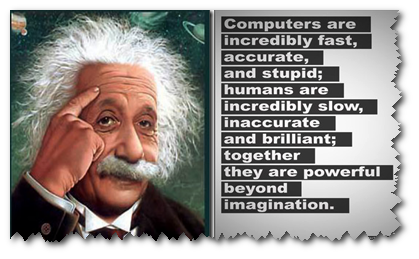By D. C. Young
- Publisher: Wiley-Interscience
- Number Of Pages: 307
- Publication Date: 2009-02-12
- ISBN-10 / ASIN: 047012685X
- ISBN-13 / EAN: 9780470126851
Helps you choose the right computational tools and techniques to meet your drug design goals
Computational Drug Design covers all of the major computational drug design techniques in use today, focusing on the process that pharmaceutical chemists employ to design a new drug molecule. The discussions of which computational tools to use and when and how to use them are all based on typical pharmaceutical industry drug design processes.
Following an introduction, the book is divided into three parts:
-
Part One, The Drug Design Process, sets forth a variety of design processes suitable for a number of different drug development scenarios and drug targets. The author demonstrates how computational techniques are typically used during the design process, helping readers choose the best computational tools to meet their goals.
-
Part Two, Computational Tools and Techniques, offers a series of chapters, each one dedicated to a single computational technique. Readers discover the strengths and weaknesses of each technique. Moreover, the book tabulates comparative accuracy studies, giving readers an unbiased comparison of all the available techniques.
-
Part Three, Related Topics, addresses new, emerging, and complementary technologies, including bioinformatics, simulations at the cellular and organ level, synthesis route prediction, proteomics, and prodrug approaches.
The book's accompanying CD-ROM, a special feature, offers graphics of the molecular structures and dynamic reactions discussed in the book as well as demos from computational drug design software companies.
Computational Drug Design is ideal for both students and professionals in drug design, helping them choose and take full advantage of the best computational tools available.
DOWNLOAD LINK:



No comments:
Post a Comment